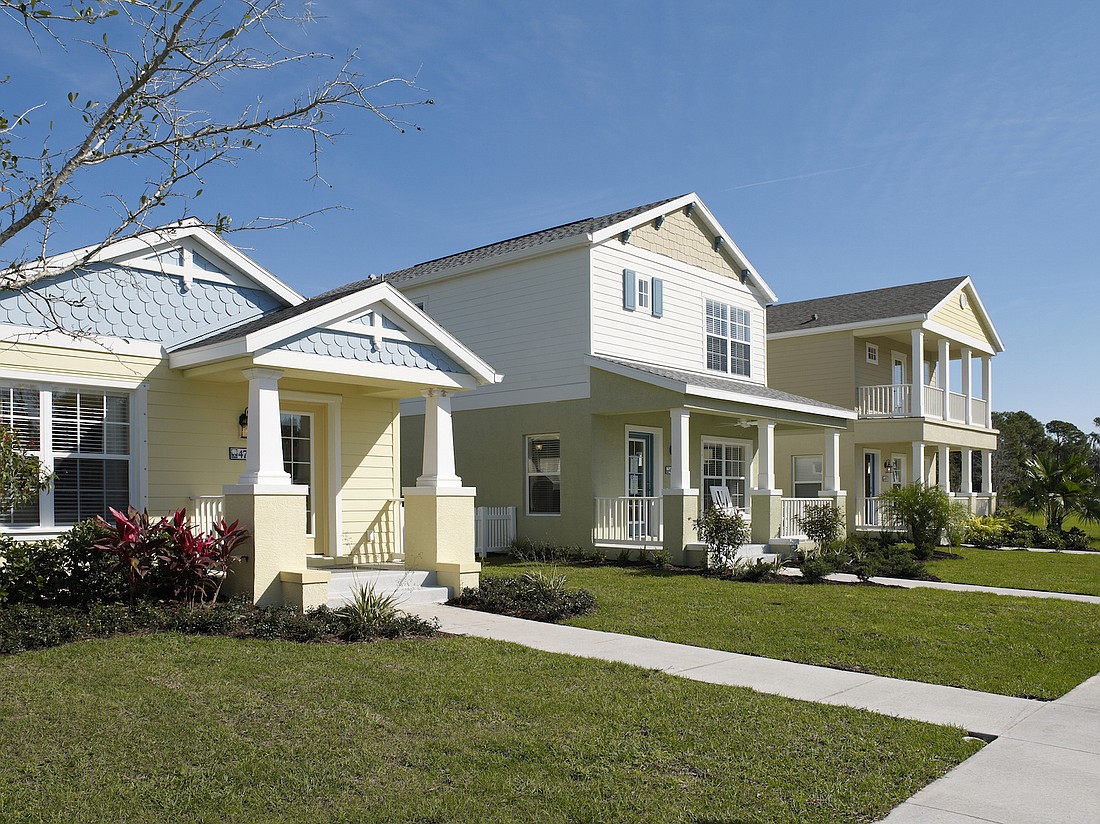- December 15, 2025
-
-
Loading

Loading

Little has slowed Neal Communities in the past 45 years or so. Founder Pat Neal likes to say he’s seen the recession movie at least five times in his career, and despite that, the company is a regional leader in its industry, with 90 communities throughout Southwest Florida and some 13,000 homes built.
More recently, as the Lakewood Ranch-based builder shifted to market trends and reaped the benefits of shrewd land deals, the company has become one of the biggest in the region. Revenue in 2017 surpassed $450 million for the first time ever — and at $453.4 million, the figure is up 225% in the past five years, from $139.4 million in 2012. The company has 225 employees.